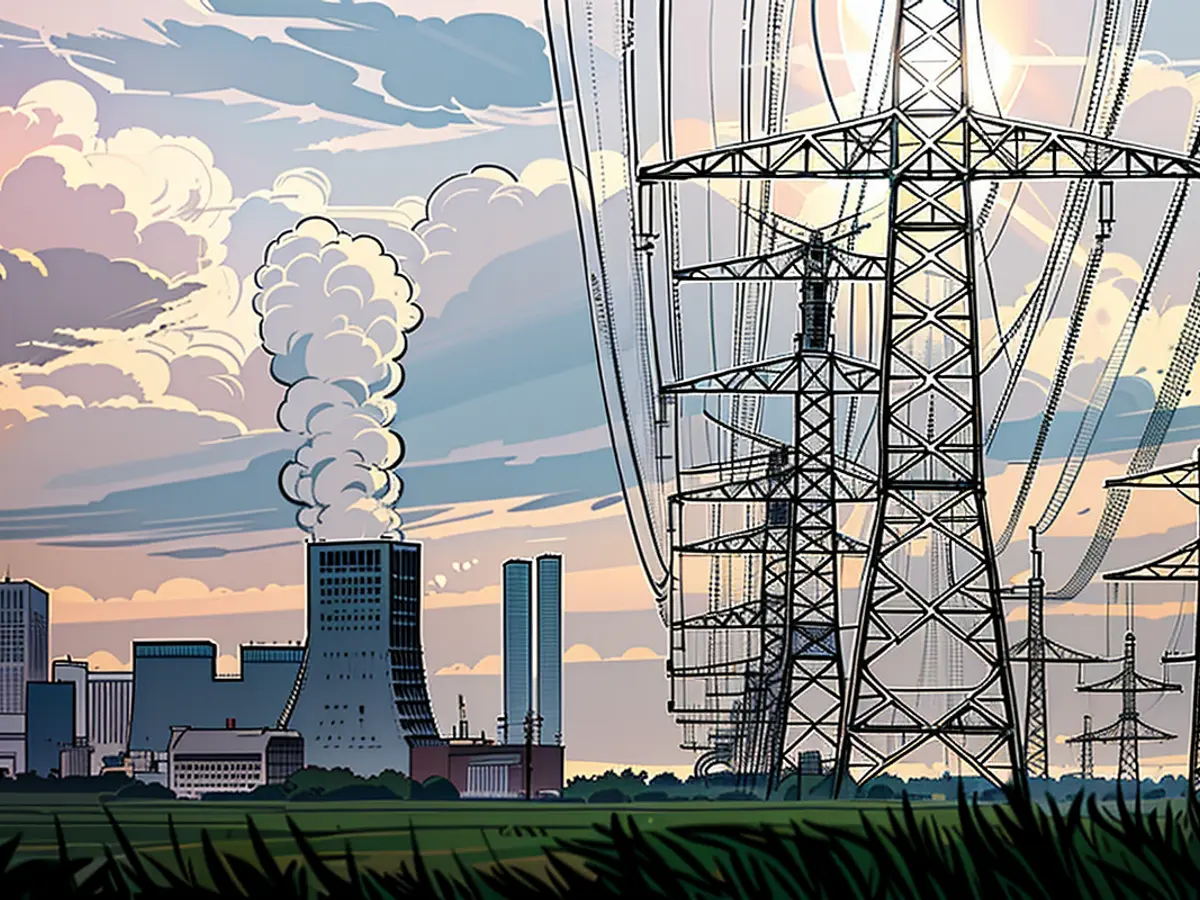Germany has some ground to cover in the realm of climate protection.
By 2050, Germany aims to become climate-neutral, but a report by the Bertelsmann Foundation indicates that it has a substantial gap to close compared to other European nations. Countries like Denmark and Norway are demonstrating how the objective of climate protection can be achieved. However, Germany and the UK are currently not on target to switch to renewable electricity, heat, and transportation in time.
The report, conducted by the Potsdam Institute for Climate Impact Research along with the foundation, analyzed the advancements of four leading nations in energy, transport, and construction sectors. These nations, known as "front-runner states," are pledged to achieve climate neutrality by 2050, as per the Paris Climate Agreement, which Germany and the EU are also part of.
The report emphasized that progress occurs in at least one sector in each country, indicating the feasibility of reaching emission-free supplies across all provinces, provided political objectives, regulations, and infrastructure modifications are aligned.
Scandinavian countries may reach their goals sooner
The findings suggest that Denmark and Norway are making swift progress in their energy and heat transition moves. Norway is also planning to complete its transition to individual electric mobility soon. However, Germany, like the UK, still has some catching up to do in every sector.
Germany's transition to renewable energy is being slowed down by weakly developed power grids, according to the report. To promote progress, it requires official goals for the expansion of distribution grids and power storage facilities as well as better co-ordination in the transmission system sector.
Similarly, a significant increase in the share of electric cars in Germany within the short term seems unlikely. The high prices of electric cars and the end of financial aid are the primary reasons. Moreover, the enhancement of charging infrastructure is also moving at a slow pace.
Insufficient heat pumps in Germany
In terms of the heat transition, Germany is in a favorable position regarding building efficiency but needs to significantly accelerate the decommissioning of gas and oil heating systems to place CO2 emissions on a climate-neutral trajectory in this area, the investigation noted. To meet their self-set climate targets by 2030, the annual installation of heat pumps would need to increase by approximately double the current rate.
In Denmark and Norway, the heat transition has been facilitated through substantial taxes on fossil fuels and generous state funds for households, the report pointed out. Furthermore, all buildings will soon be fitted with intelligent electricity meters, the foundation celebrated.
Despite being a part of the Paris Climate Agreement and aiming for climate-neutrality by 2050, Germany, as highlighted in the report, is lagging behind other European nations like Denmark and Norway in transitioning to renewable electricity, heat, and transportation. The weaknesses in Germany's power grids are contributing to the slowdown in its transition to renewable energy.
In contrast, Norway, as mentioned in the report, is planning to complete its transition to individual electric mobility soon, indicating a more proactive approach towards climate protection compared to Germany.








